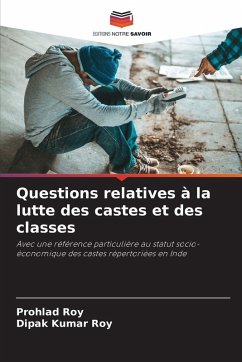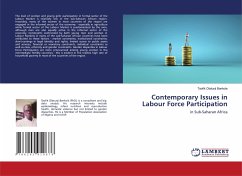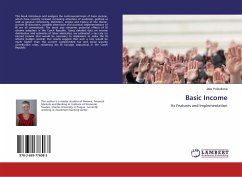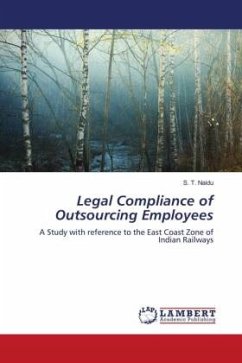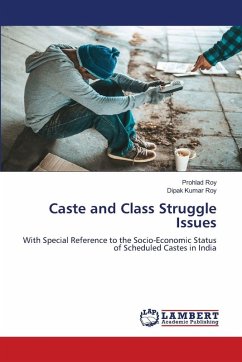
Caste and Class Struggle Issues
With Special Reference to the Socio-Economic Status of Scheduled Castes in India
Versandkostenfrei!
Versandfertig in 6-10 Tagen
53,99 €
inkl. MwSt.

PAYBACK Punkte
27 °P sammeln!
Many restrictions were imposed on the Shudras, of which a few could be mentioned briefly. The Shudra was prohibited from milking a cow whose milk was to be used for Agnihotra, from witnessing the performance of sacrifice, from taking the Soma drink, from initiation and from kindling the holy fire.If a Vaishya or Shudra comes as a guest to a Brahmin's house, he should be served food along with the servants. Suppose a Shudra comes as a guest to a Brahmin's house. In that case, he shall be given work for his hospitality and punished because the Shudra is not worthy of respect on the grounds of hi...
Many restrictions were imposed on the Shudras, of which a few could be mentioned briefly. The Shudra was prohibited from milking a cow whose milk was to be used for Agnihotra, from witnessing the performance of sacrifice, from taking the Soma drink, from initiation and from kindling the holy fire.If a Vaishya or Shudra comes as a guest to a Brahmin's house, he should be served food along with the servants. Suppose a Shudra comes as a guest to a Brahmin's house. In that case, he shall be given work for his hospitality and punished because the Shudra is not worthy of respect on the grounds of his age or wealth or knowledge, however considerable these may be. He cannot be anything but a servant. Even if one is young and learned in the Vedas, he is older than a Brahmin. The Shudras were not only prohibited from learning the Vedas, but the Vedas could not even be recited before the Shudras by law. The recitation of the Vedas was interrupted merely by a look at the Shudra women. The food touched by the first three Varnas is impure but not unfit for eating, while if the impure Shudra touches it, it should not be eaten.





